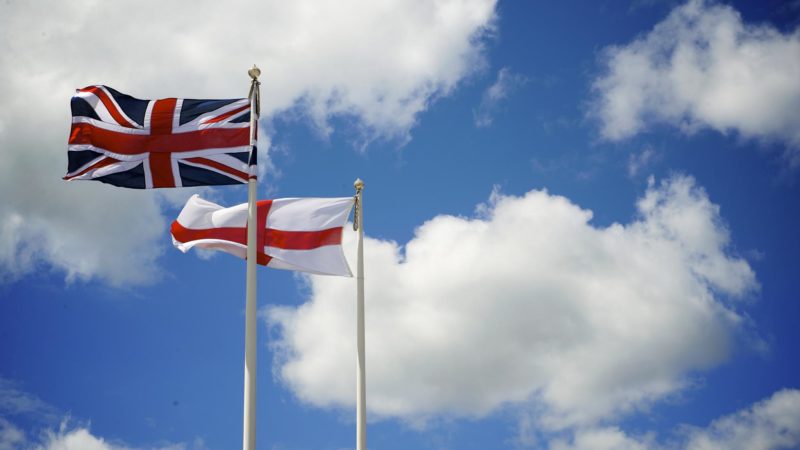
Fighting an English election
The local elections set for May 2019 are particularly important to Labour because the party can only gain a healthy parliamentary majority if it wins in these English towns and coastal areas. More than that, control of local councils will make a massive difference to the ability of a Labour government to deliver our programme. Andrew Gwynne, Shadow Local Government Secretary, recently told Labour councillors that 44% of our last manifesto would need to be implemented by local English councils.
While we don’t know when the next general election will be – and it could still be this year – many of the councillors elected in May will still be in office when Labour has the next chance to form a government. As we survey the landscape for these elections, there’s good reason to see them as an English election. By-elections aside, the only local elections Labour will be fighting are in England. There are elections everywhere except in London, some of the metropolitan borough and just a couple of counties. This means that most of seats contested will be in places where people are more likely to emphasise their English identity. But to win, we need to get the messages, the nuts and bolts of policy, and our organisation into the right state.
Call it England
The party political broadcast ‘Our Town’ was great, but why was a video that was obviously English – from the white cliffs to the local accents – put on Labour’s website as ‘Rebuilding Britain’? In the 2019 local elections, there is no danger of confusion between party messages for English voters and those in other parts of the union. This is a great opportunity to get English branding (as well as British) into campaign communications. We shouldn’t make the mistake of talking only about Britain when many voters strongly identify themselves, and where they live, with England.
Local stories, local people
One characteristic of people who identify as English is that they are also usually strongly rooted in localities. Depending where you are, this might be a region, a country, a town or a village. Our message cannot be identical in every place. We need to talk about where we are campaigning in the language and images that local voters recognise.
More than this, the party needs recognisable local spokespeople on the media. National voices – often based in London or in Labour’s city heartlands – don’t strike a chord in England’s smaller communities. Every part of non-city England needs to have a local Labour spokesperson, known to the party central and put forward when the media wants a Labour view of the issues in Lincolnshire, Sussex or Northumberland.
Fight every seat
In the 1990s, Labour ran ‘Operation Toehold’ – an effort to make sure we had a councillor in every single council. While we didn’t achieve the target, it sent a strong message that Labour thought everywhere could and would benefit from Labour representation and a Labour government. Today, Labour is seen even more strongly as party of the cities and of middle-class liberals. We have been losing ground in working-class towns and we need to re-kindle the ambition of 20 years ago. Jeremy Corbyn has already made a good start by aiming to fight every seat, but we need to fight every council hard.
Work on the policy
Labour may have a strong national story but it’s not always clear how things will work in towns and villages away from the cities, where bus services have disappeared, broadband hasn’t reached, the state (DWP, courts or health services) are miles away and retreating, and where school improvement means improving the only school. Key policies need to be fleshed out quickly.
Much policy is now devolved and what members in England think of as ‘Labour policy’ is actually only policy for England. We should be able to talk to English voters about what we will do for England. Across England, Labour CLPs are doing their best to put up candidates and flesh out policies for their community, for their part of this green and pleasant land. To help them in their endeavour, Labour nationally should heed the call of both our organisations for an English manifesto that every English community sees has something to offer them. We can be proud of much of what previous Labour governments and Labour councils have done for England– let’s now show that Labour stands for England’s future too.




More from LabourList
‘I was wrong on the doorstep in Gorton and Denton. I, and all of us, need to listen properly’
‘Why solidarity with Ukraine still matters’
‘Ukraine is Europe’s frontier – and Labour must stay resolute in its defence’